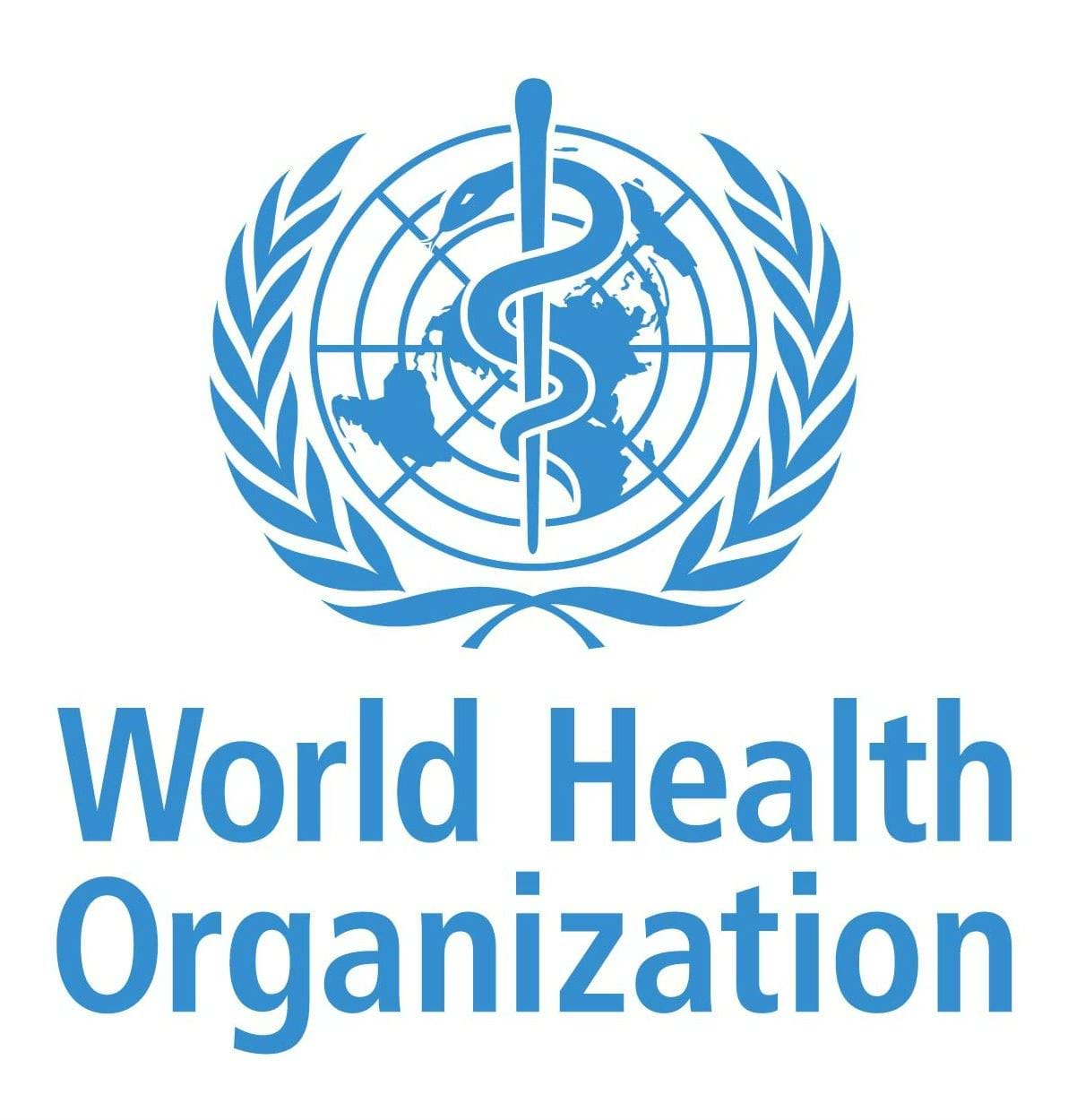Eight research projects have been awarded grants following a call for applications that aims to strengthen research capacity and support research for the control and elimination of infectious diseases of poverty in the Western Pacific Region.
.jpg?Status=Master&sfvrsn=239b68ed_3)
The Small Grants Scheme is a joint initiative of TDR and WHO regional offices, which aims to strengthen the research capacity of individuals and institutions in conducting implementation research. These grants will also facilitate and strengthen implementation research in countries for the control and elimination of infectious diseases of poverty, including research that addresses issues related to the culture and environment that contribute to these problems.
Priority research areas for support
The focus of the call for applications was on malaria and neglected tropical diseases, such as dengue, that represent a significant burden, disproportionately affect the more vulnerable populations in the Western Pacific Region, and whose elimination and control is considered feasible using available tools and innovative approaches for health services and intervention delivery.
The selected proposals are:
| Country | Principal investigator | Institution | Project title |
|---|---|---|---|
| China | Wang, Duoquan | National Institute for Parasitic Diseases - Chinese Center for Disease Control and Prevention | Adapting the local “7” response package to consolidate the malaria elimination efforts through evaluation of the “1-3-7” system performance in the China–Myanmar border region |
| China | Xiong, Mingzhou | Dermatology Hospital of Southern Medical University, Guangdong Provincial Center for Skin Disease and Sexually-transmitted Infection Control | Assess malaria and dengue surveillance and health service utilization among African migrants in Guangzhou |
| Malaysia | Chua, Tock Hing | Department of Pathobiology and Medical Diagnostics - University Malaysia Sabah | Environmental management as an ecological intervention in reducing Anopheles balabacensis population, vector of monkey malaria in Sabah |
| Philippines | Fornillos, Raffy Jay | Institute of Biology, College of Science, University of the Philippines - Diliman | An integrative diagnostic approach in detecting human and animal schistosomiasis in situations of varying levels of prevalence in the Philippines |
| Philippines | Angeles, Jose Ma | Department of Parasitology, College of Public Health, University of the Philippines - Manila | Performance evaluation of recombinant antigen ELISA for the detection of human schistosomiasis in endemic areas near elimination |
| Philippines | Turdanes, Gerardo | Philippine Leprosy Mission | The feasibility of using telehealth for training health care workers and persons with disability on integrated rehabilitation and prevention of impairments and disabilities of leprosy, lymphatic filariasis, diabetes, pressure ulcers, and other chronic wounds (TeleRPOID Project) |
| Philippines | Magbitang, Joseph | Department of Parasitology, College of Public Health, University of the Philippines - Manila | Factors affecting the control of soil-transmitted helminth infections in pregnant and lactating women in selected areas in the Philippines in the time of COVID-19 and the new normal |
| Viet Nam | Nguyen, Diep Tran Bich | National Institute for Malariology, Parasitology and Entomology – Ministry of Health | Application of mobile app to alert users to the risk of dengue fever |
For more information, please contact Dr Garry Aslanyan.

